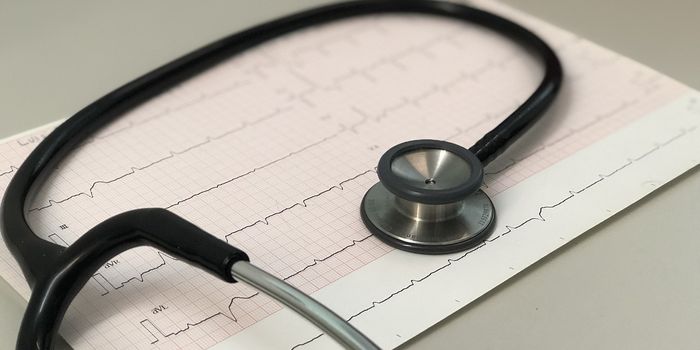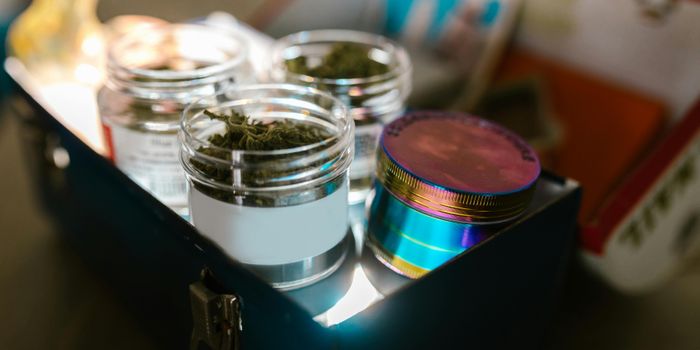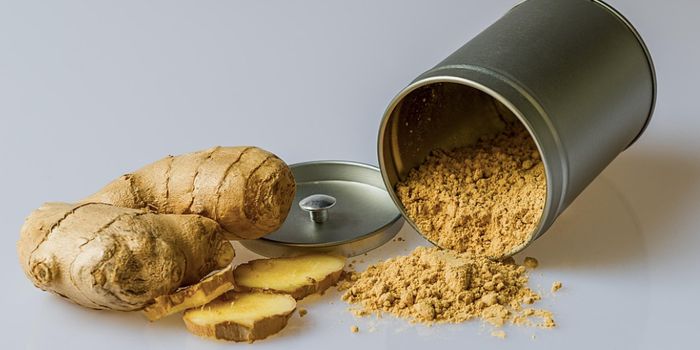Turmeric Better than Placebo for Osteoarthritis Pain
Researchers from the University of Tasmania in Australia have found that an extract from turmeric is more effective than placebo treatments at reducing knee pain from osteoarthritis.
For the study, the researchers recruited 70 participants with symptomatic knee osteoarthritis. Each participant was then instructed to either take two capsules of turmeric per day or a placebo over a 12-week period. Changes in pain and knee effusion-synovitis volume (when excess fluid accumulates around the knee joint) were assessed via both a standardized questionnaire and an MRI scan over the study period.
The researchers also measured changes in cartilage composition, usage of pain medication, quality of life, physical performance, and incidence of adverse events.
In the end, the researchers found that patients who took turmeric supplements tended to experience less pain than those in the placebo group. Importantly, they also noted no adverse events in this group, and that they consumed fewer pain medications than those in the placebo group.
The researchers, however, found no difference in the structural aspects of knee osteoarthritis between the groups. This suggests that, while turmeric may relieve certain symptoms of pain, it is no cure for the condition.
Regardless, the results point towards the possibility of turmeric being used as a dietary supplement to manage pain better than existing treatments such as acetaminophen and non-steroidal anti-inflammatory drugs, often associated with adverse effects.
Although promising, the researchers caution that further examination is needed to certify turmeric's pain-relieving effects. In particular, they say that the study's sample size was somewhat small, and the short duration of the follow-up, alongside all patients being treated in the same research center, makes the results less conclusive. As a next step, the researchers thus recommend further studies to have larger sample sizes across multiple centers with longer follow-up durations.
Sources: Neuroscience News, Annals of Internal Medicine









